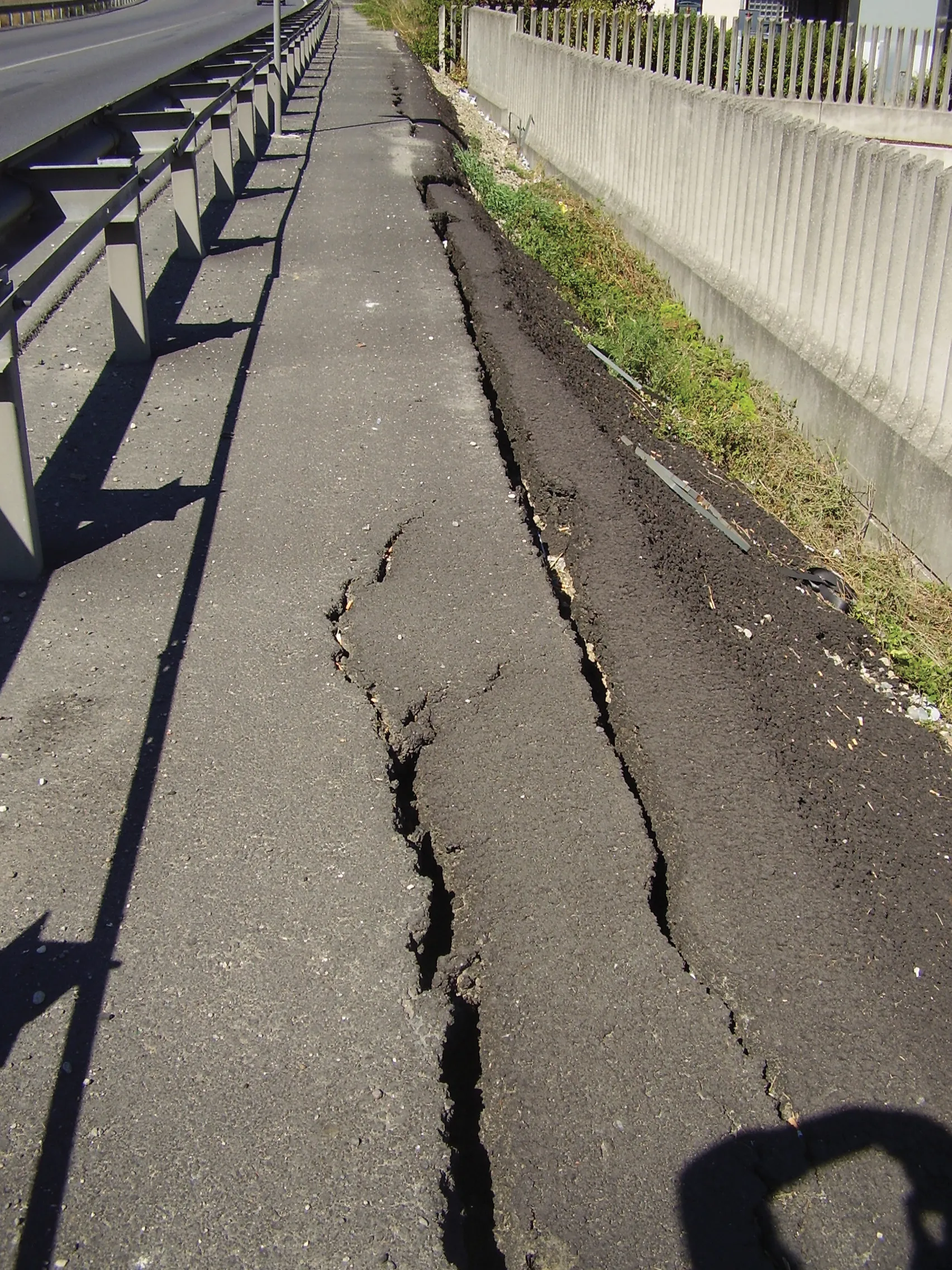Comments by the
Contractors active in public works contracts in Poland are profoundly worried about the severe deterioration of public procurement rules and practice over the last years. Changes of both the Public Procurement Law and the internationally recognised FIDIC contract conditions have led to a situation considered unfair, counter-productive and unacceptable by the contractors.
"And all of these companies have decades of worldwide experience with public procurement and FIDIC standard forms of contract," added Frank Kehlenbach, director of EIC, the European International Contractors, "but this experience does not help them in Poland, given the reluctance of public clients to perform their part of the job."
Two major highway contracts in particular have resulted in lengthy legal battles. Austrian contractor
A combination of poorly prepared tenders, a generally unfair attitude towards contractors and the non-respect of contractual obligations by public clients not only raises the question of professionalism on the demand side but also leads to a number of concerns regarding Internal Market issues, such as lack of transparency and proportionality, as well as discrimination and freedom to provide services. If this development cannot be stopped and reversed, then this inefficiency in spending European funds could lead the EU to reviewing its funding and lending policies which have provided Poland with almost € 68 billion for investment. At present at least €2 billion is blocked by litigation in the Polish courts and this amount is rapidly increasing.







